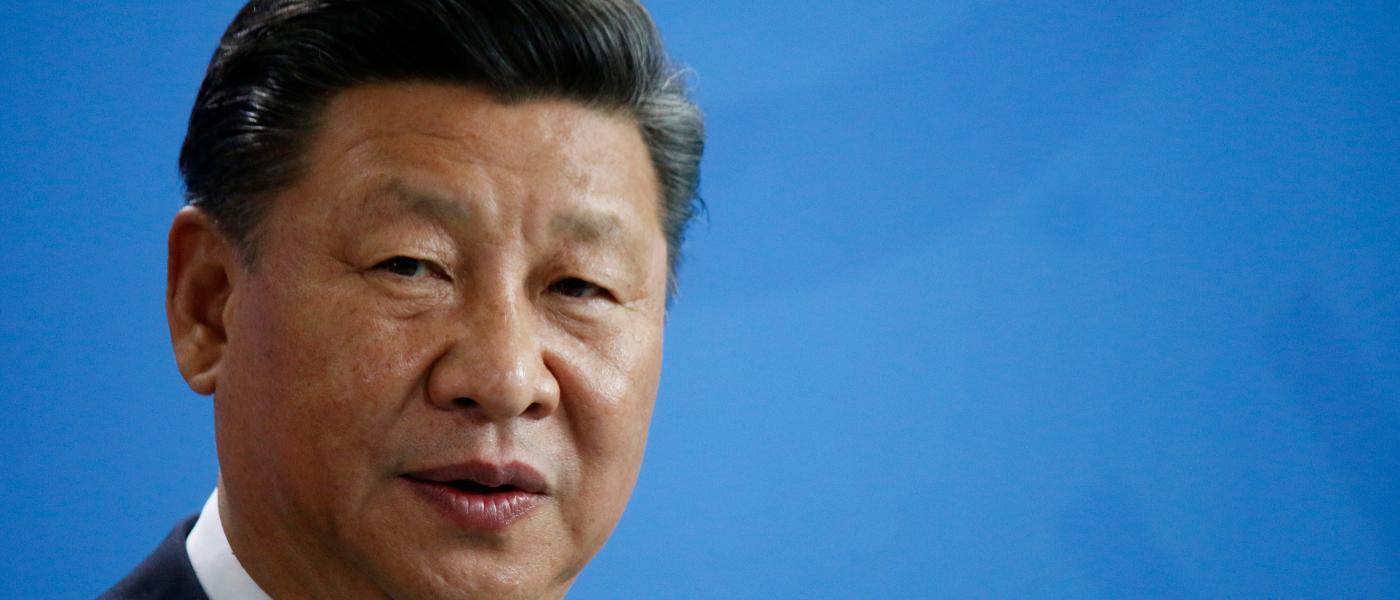Great power competition can’t be won on interests alone, Co-Director Zack Cooper and Hal Brands argue in Foreign Affairs.
On the campaign trail, U.S. President Joe Biden pledged to put values at the heart of his administration’s China policy. Since entering office, he has called on the world’s democracies to gird for a new era of strategic competition with China in which they “work together to secure the peace and defend our shared values and advance our prosperity across the Pacific.” Biden’s interim National Security Strategic Guidance labels democracy “our most fundamental advantage” and insists “our model isn’t a relic of history; it’s the single best way to realize the promise of our future.” As the administration prepares for its first high-level meeting with Chinese officials this week, it has clearly embraced the view that the Washington-Beijing rivalry is driven by competing ideals and systems of government as much as by competing interests.
Some self-described foreign policy “realists” contend that ideology and geopolitics are a dangerous combination. Mixing the two, they believe, led the United States to adopt a Manichaean and counterproductive strategy during the Cold War. Better, these analysts argue, to approach the rivalry in realpolitik terms—as a cold-eyed contest over power—and leave values to the side.
Yet purging ideology from American statecraft would be both ahistorical and unstrategic.


